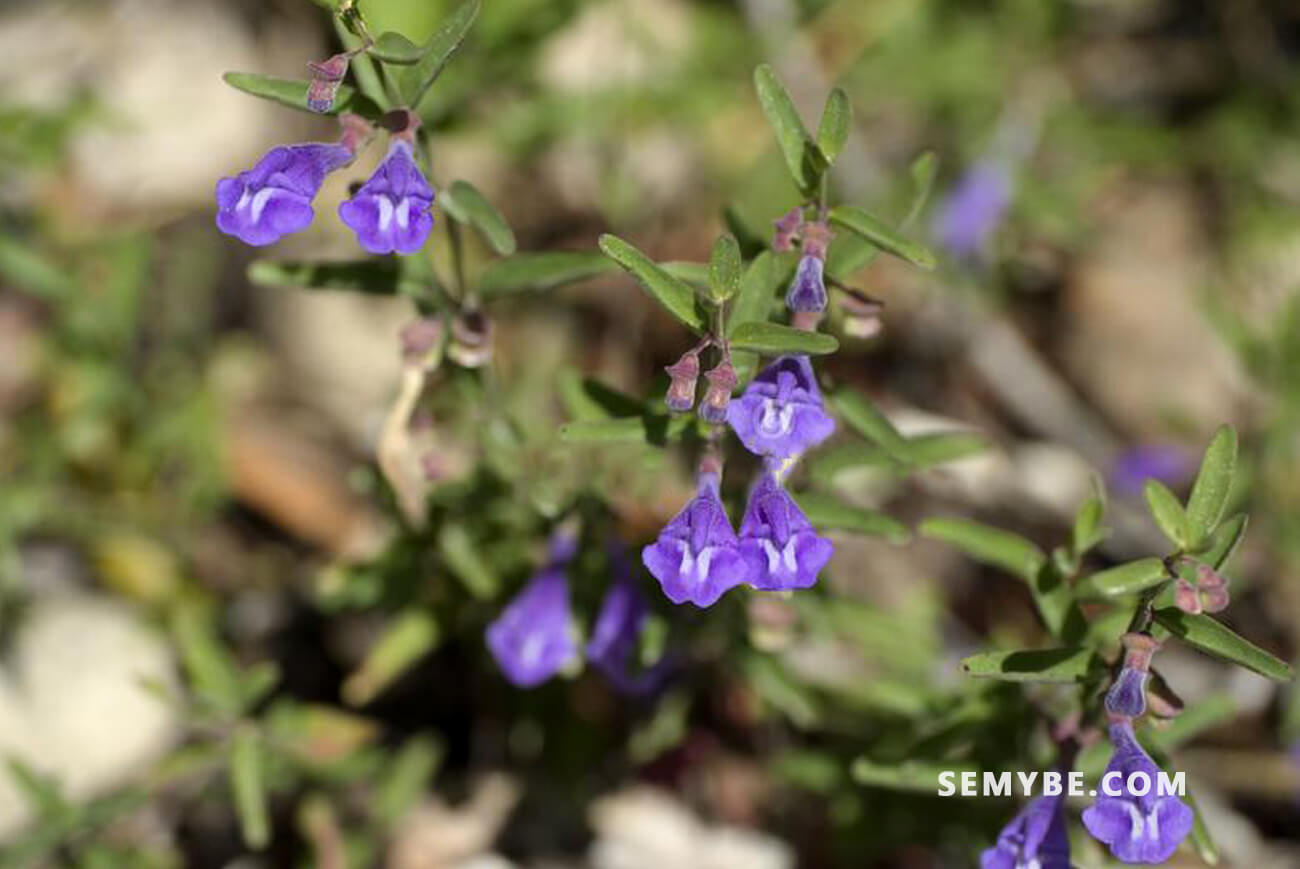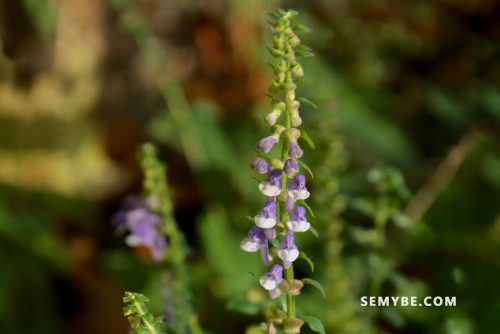
Scutellaria Lateriflora
1. History and use
Native to North America, skullcap is fond of wetlands and requires plenty of sunlight, and is grown either from seedlings or by division of the root in spring. years are harvested in summer, in full bloom.
2. Description of the plant
Originary from North America, skullcap was prescribed for menstrual disorders, and was also used during purification rituals when sexual taboos had been broken. Skullcap was a nineteenth-century treatment against rabies, its flavor is bitter, and today it is mainly used for its sedative properties, in case of nervous fatigue.

3. Curative action
- Amerindian remedy
The Cherokee used skullcap to stimulate the menstrual cycle, relieve breast pain, and facilitate the expulsion of the placenta.
- XEX * century remedy
Phytotherapists of this era were the first to use skullcap as a tonic, claiming that its action on the nervous system was more effective than that of many other plants, they prescribe it to cure hysteria, epilepsy, convulsions and rabies, as well as schizophrenia.
- Other uses
Nowadays, skullcap is used as a tonic, it is a plant with sedative properties that soothes stress and anxiety and its anti-spasmodic action makes it an effective remedy against. Skullcap Muscle contractions is often prescribed alone or in combination with other sedative plants in case of insomnia or painful menstruation. Further research on skullcap would be valuable as it may reveal other interesting uses.
4. Uses
Infusion To reduce anxiety and stress, take 50 ml 3 times a day.




